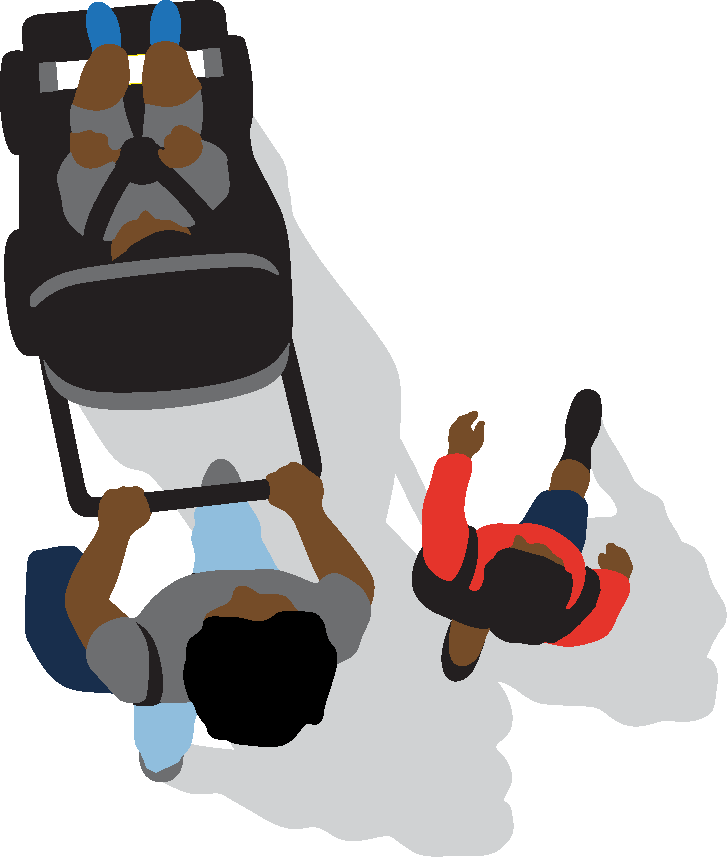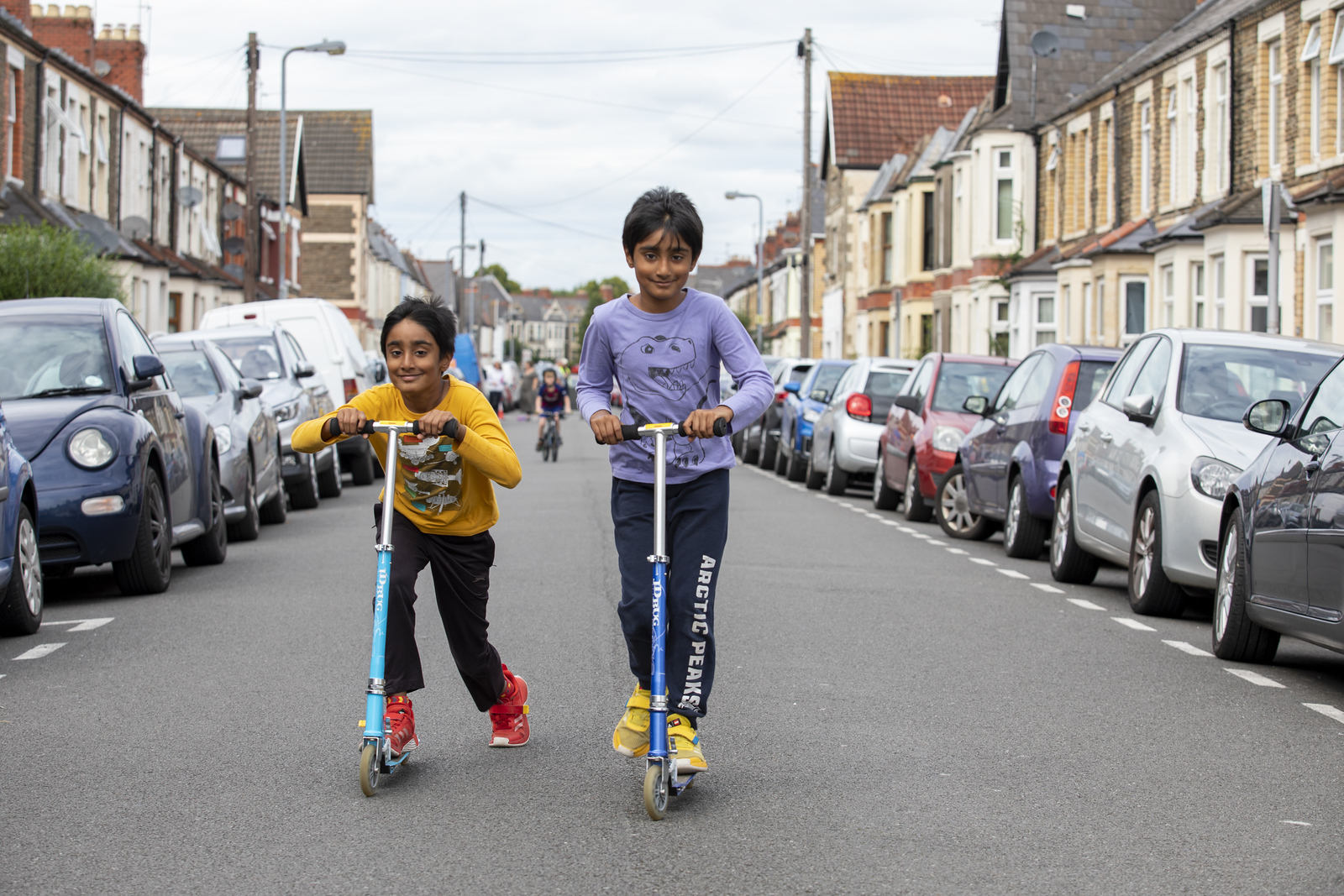A future that belongs to everyone

Khushi Bajaj recently joined us as one of our new Youth Campaigns Officers (Hanton Fellowship). In this blog, she talks about her relationship with public spaces and social justice, and shares her hopes for the future.


‘Belonging’ to me has always meant having the freedom to exist and grow in a space without feeling the need to change who I am to fit in or feel safe.
When I look to the future, I think about building a tomorrow that is for everyone – and a future that we all feel we belong in. It is with this in mind that I have started my role as the Youth Campaigns Officer (Hanton Fellowship) at Living Streets.
I grew up in Lucknow, India, in a home that was located right in the middle of a busy intersection with traffic, storefronts and crowds. My play area was restricted to the gate of my house and I never stepped foot into a park or experienced a neighbourhood play group. Having a Play Street, where I could engage with other children, would have been an incredible blessing.
Once I became a teenager, the physical gate merely turned into a symbolic one. Like the many people who contributed to Living Street’s ‘Our Voice, Our Streets’ campaign, I simply did not feel safe navigating my city. From irresponsible drivers to eve-teasers (an Indian-English term, used to refer to sexual harassment or sexual assault in public spaces), the streets felt filled with danger at every turn. One of the reasons not enough was being done about it was that the people experiencing this fear and the people who could do something about it were inhabiting completely different social realities.
When I look to the future, I think about building a tomorrow that's for everyone – a future that we all feel we belong in.
That’s why I feel it’s very important for young people like me to be vocal about the issues we care about, so we can make the world we have inherited a better, safer, kinder and more equitable place. To this end, I have been writing for social justice platforms and working for community projects since the age of 19.
During my undergraduate course, I took on the role of a rapporteur for the ‘Annual International Gender Conference of Women in Urban Spaces’ that my school had jointly organised with DePaul University and UNESCO, New Delhi. The event focussed on how our city streets and our public spaces had never been designed with the needs of women and other gender minorities in mind, not to mention the intricacies of their intersectional identities. It felt like someone had finally given tangible phrasing to something I had experienced my whole life. Never before had I seen the interconnectedness of gender-specific issues with public transport, accessibility and public safety being addressed so purposefully. And now I wanted to do something about it.
The Hanton Fellowship felt like the perfect opportunity to contribute to addressing this issue. Living Streets has long been at the forefront of this conversation in the UK. During my time at the charity I hope to bring more light to intersectional issues, because it is only when all of us can walk together on our streets that we can start to feel that they truly belong to us.

About the author
Khushi Bajaj
Youth Campaign Officer, Living Streets